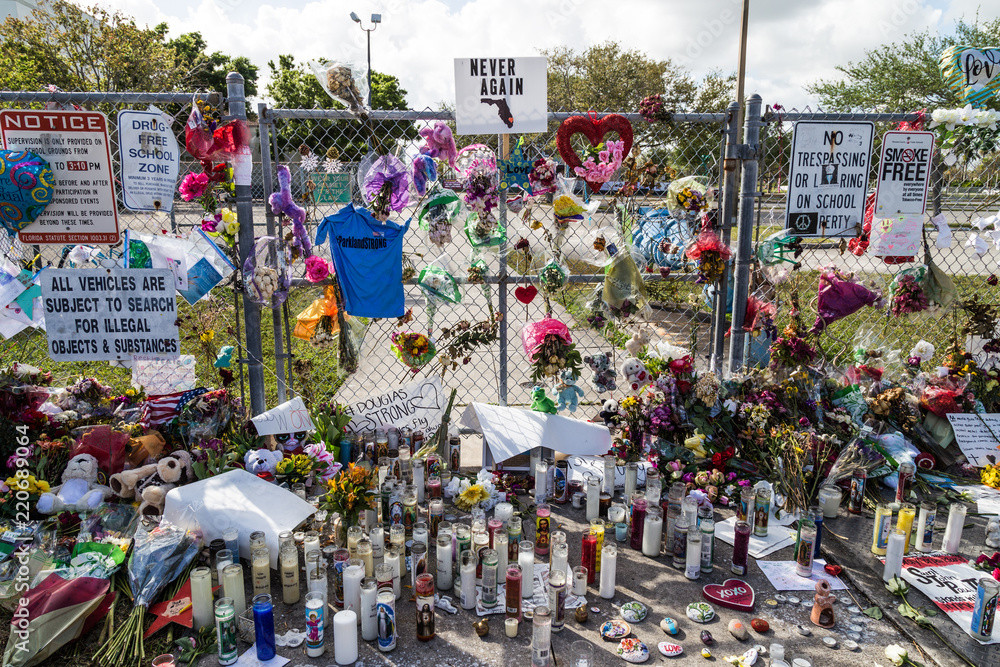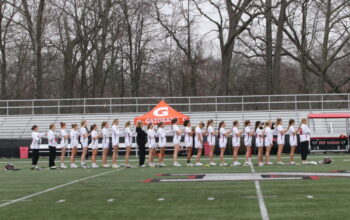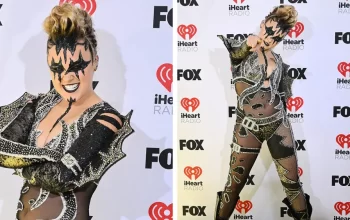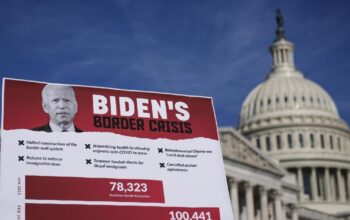Kate Hunter, Editor-in-Chief, and Caroline Vincent, Executive Editor
@khuntercourant and @cvincentcourant
On November 30, 2021, fifteen-year-old Ethan Crumbley opened fire at Oxford High School in Michigan with a nine-millimeter handgun that Ethan’s father had purchased as an early Christmas gift for his son. This gun was left in an unlocked drawer where Ethan ultimately had unrestricted access to it and then carried it onto school grounds.
The result was the deadliest mass shooting on K-12 school property since May 2018.
At 10:00 AM CST, Ethan Crumbley was pulled into the school’s counselor’s office for a meeting with his parents to discuss disturbing images that he drew referencing violent behavior. Despite school administrators’ concern that Ethan was a threat to school safety, his parents refused to bring him home.
At 12:51 PM CST, Oxford police received the first 911 call about an active shooter in the school.
By 12:56 PM CST, Ethan Crumbley had killed four people and injured seven more.
This recent tragedy adds yet another statistic to the chain of fatal high school shootings that have recently taken place across the country. Four this year, 34 in 2021, 10 in 2020, and 24 each in 2019 and 2018. These numbers are shockingly high, especially considering the number of school shutdowns since the COVID-19 pandemic began in 2020.
By failing to take proper preventative measures, such as enacting stricter legislation, Americans are allowing school shootings to continue and students are losing their lives because of it.
In 1968, President Lyndon B. Johnson signed the Gun Control Act, regulating firearms federally. Still in effect today, this act requires American citizens to be eighteen before purchasing shotguns, rifles, or ammunition. All other guns, including handguns, can only be purchased by individuals who are 21 or older.
This act, however, did not prevent fifteen-year-old Ethan Crumbley from packing a handgun in his school backpack.
Laws in Michigan even prohibit handguns from being borrowed or loaned between people over the legal age of purchase. Ethan Crumbley’s father was in clear violation of these regulations when he bought a gun under his name as a gift for his underage son.
So, what good do these written “rules” serve if they aren’t followed or enforced?
Further, Nikolas Cruz, the nineteen-year-old who was responsible for the Stoneman Douglas High School shooting in Parkland, Florida in 2018, was legally allowed to purchase the semiautomatic rifle under this act.
In this instance, the regulations in place did little to prevent the tragedy that occurred on February 14, 2018. Because of this, seventeen individuals unjustly lost their lives and seventeen families will forever be broken.
How many more students have to die, how many more families have to be disrupted, and how many more broken communities have to grieve before the government addresses the need for and finally implements stricter gun control laws?
Individuals in favor of bearing arms will no doubt continue to point to the 250-year-old Constitution to protect themselves against more modern legislation that could threaten this “right”, but at what cost? Starting in preschool, students practice lockdown drills, in case of an emergency that prevents the safe evacuation of a school building and requires steps to shelter students and staff from danger. In enhanced lockdown drills, staff and police officers will simulate an active school shooter, banging on doors and windows, asking students to unlock the doors. Students have grown accustomed to these necessary precautions, understanding that their lives are put in danger every day when entering their school.
States requiring gun-owners to undergo firearm training, instating laws that oblige gun-owners to keep firearms locked away, and even improving national mental health care could help to reduce the number of school shootings. Most mass shooters are suicidal or depressed and although violence isn’t necessarily a symptom of depression, communities actively seeking support for suffering individuals could help decrease the number of school shootings.
It is time for Americans to wake up to this reality and fight for a world where innocent children are not killed by firearms in their classrooms.




